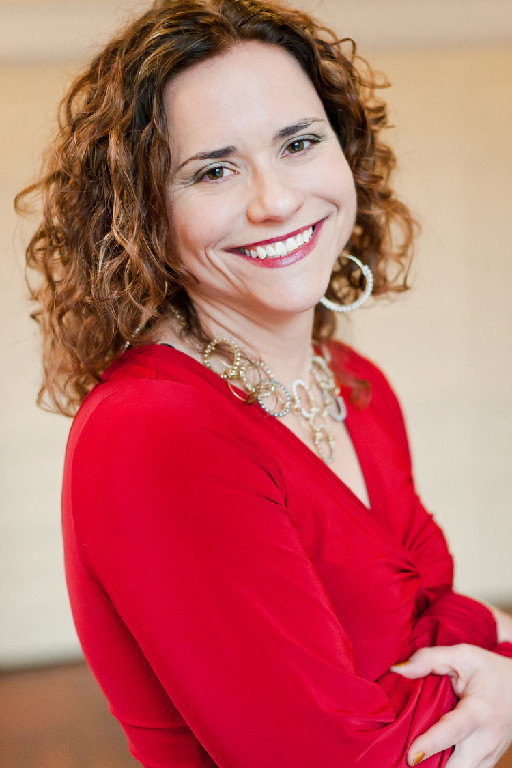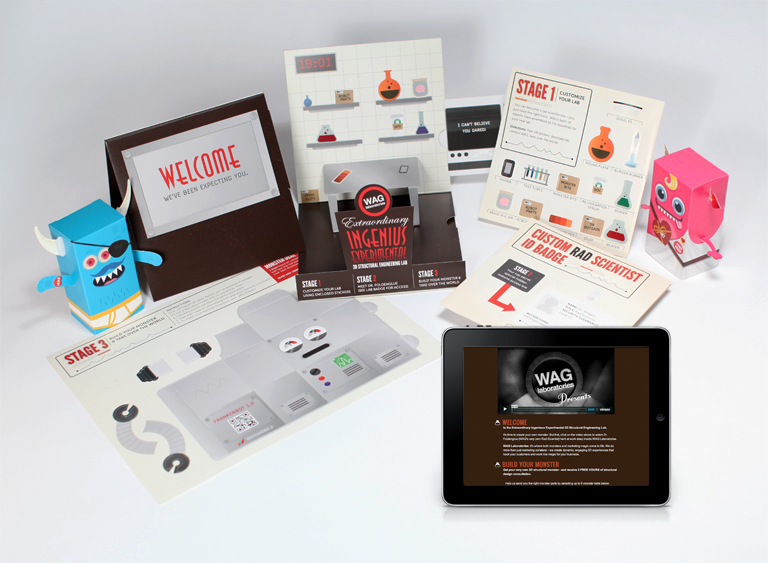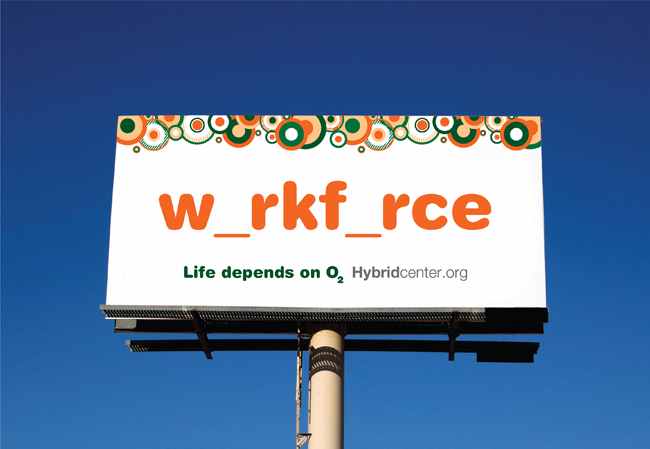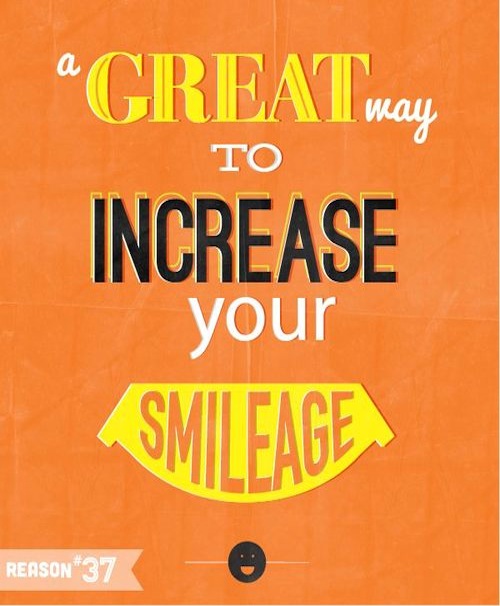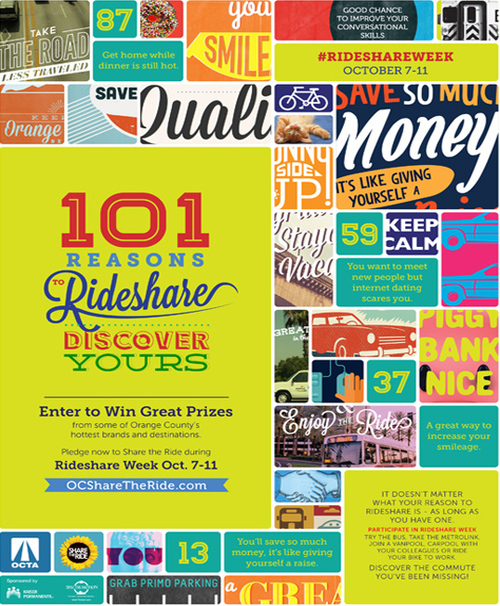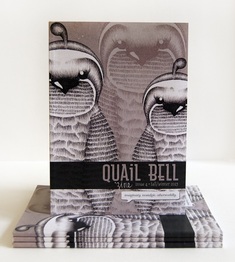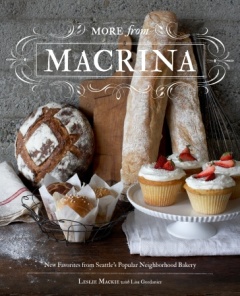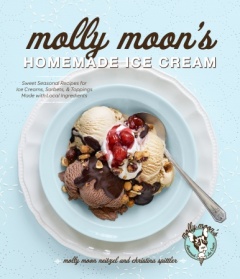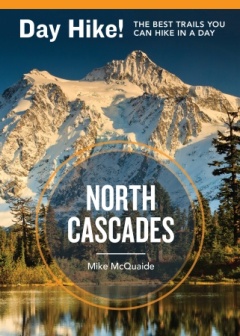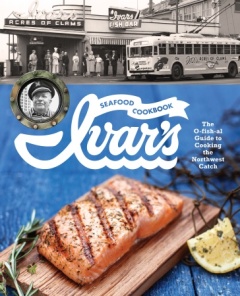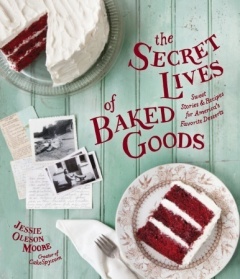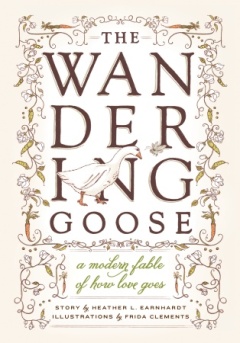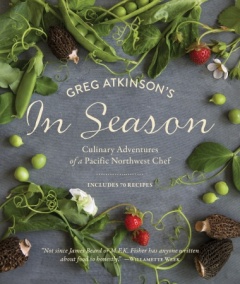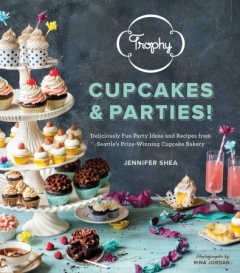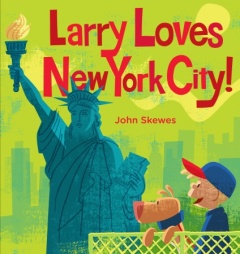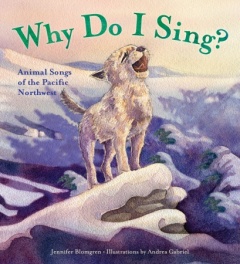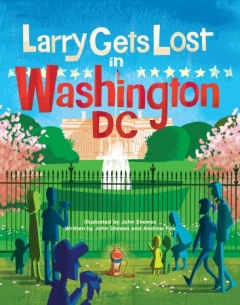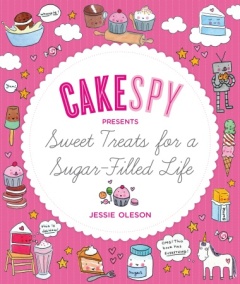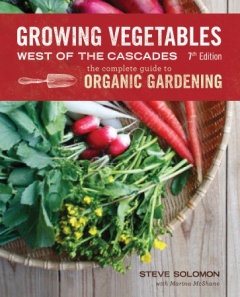Photo courtesy of Ally Davis. www.allysonphotography.com
Name: Lisa Brunette
Age: 42
College & Majors/Minors: St. Louis University for a BA (double) in 1) English 2) American Studies, with a certificate in Creative & Professional Writing. For grad school, I went to University of Miami and earned a Master of Fine Arts in Creative Writing.
Current Location: Seattle, WA
Current Form of Employment: Manager of Narrative Design (I manage a team of writers at Big Fish)
Where do you work and what is your current position?
I manage a team of writers for Big Fish. Our company focus is casual, free-to-play mobile games, but we have a solid history in making hidden-object puzzle adventure games mainly for PC. This is my seventh year as a writer in the game industry. Previously I wrote for Nintendo as well as Cat Daddy Games, which is best known for its AAA hit, Carnival Games. Before I hit the gaming industry and stuck, I'd been a writer and editor with credits and bylines in numerous publications, both in print and on the web. Notably, I wrote for the Seattle Post-Intelligencer, published pieces in Poets & Writers and a number of literary journals, and won major grants and awards for my creative writing, including a full scholarship for my MFA program.
Tell us about how you found your first job, and how you found your current job (if different).
When I entered the job market as a college grad in 1994, we were in the middle of a bad recession. The only job I could find after knocking on so many doors my knuckles bled was as a secretary, which frankly for me felt humiliating at the time, but I've since come to appreciate it. A really tough mentor told me to make the most of it, so I did, joining the organization's secretaries' group and rising as a leader. I also offered to write anything I could, and my skills were recognized. Within six months I was promoted to a new position that had been created with me in mind, and writing was a good portion of the job. It was fund raising for a cause I believed in, and I was the one who wrote the brochures, direct mail pieces, and other materials they used in the fund-raising campaign.
What was another writing-related job that was important in your career?
Before I'd even graduated college, I was the board chair of Missouri's largest student-run environmental organization. Because I had the skill, I also wrote all of their fund raising materials and campaign writings. This was key to getting a job in a tough market, even as a secretary. I came to FT work with a great deal of experience, but because the job market was terrible, I had to start over anyway. This should be a good lesson to recent college grads. Don't think you're too good for something. People ask me all the time how they can get a job as a game writer. My answer? Work in Customer Support on the phones, Quality Assurance as a tester. Even if you think you have great experience during college, you might have to get a foot in the door any way possible.
What did you do in college to prepare for your post-grad life?
As mentioned above, I held an activist leadership position on campus and beyond. That gave me a wealth of experience in writing, speaking, and politics. I also interned in DC with the Union of Concerned Scientists, wrote columns for the student newspaper, and wrote and published poetry. I drafted the proposal for the university's first-ever recycling program as well, which was adopted. I won a prestigious essay award, too, which boosted my writing self-image.
What is your advice for students and graduates with an English degree?
Write whatever you can— it doesn't have to be literary to make you happy. Some of the most fulfilling writing gigs are when the writing is employed to help others, or reach out to specific audiences of non-academics— such as in non-profit fund raising or ad copy or for a trade publication. Some of my favorite pieces of writing are when I wrote for the fishing industry, or about a 100-year-old dairy farm, or about a company that has built big dams and impressive bridges all over the west. The story is paramount, and you never know where it will be hiding.
